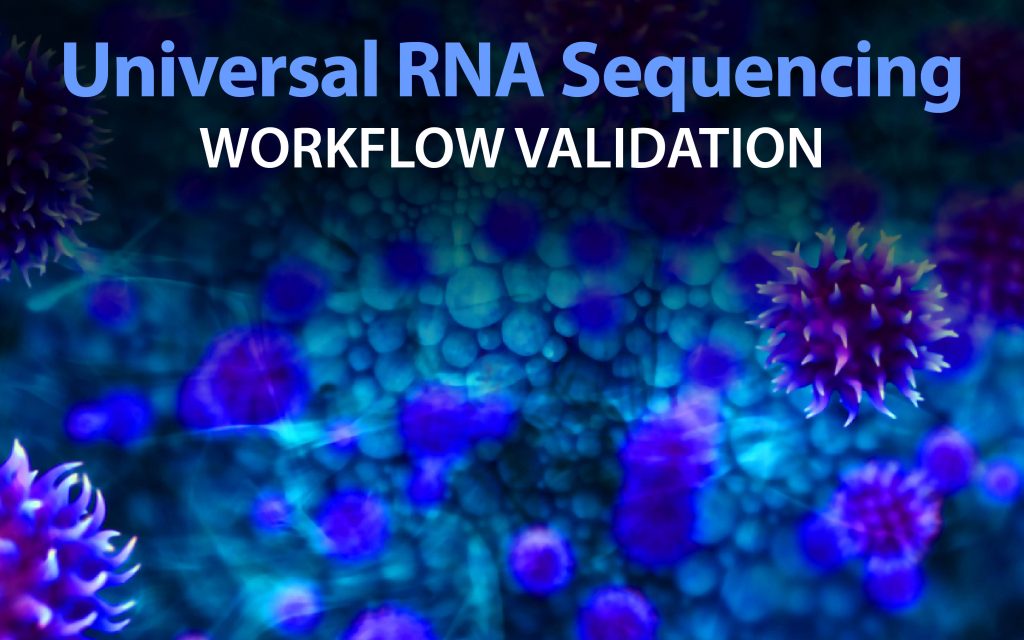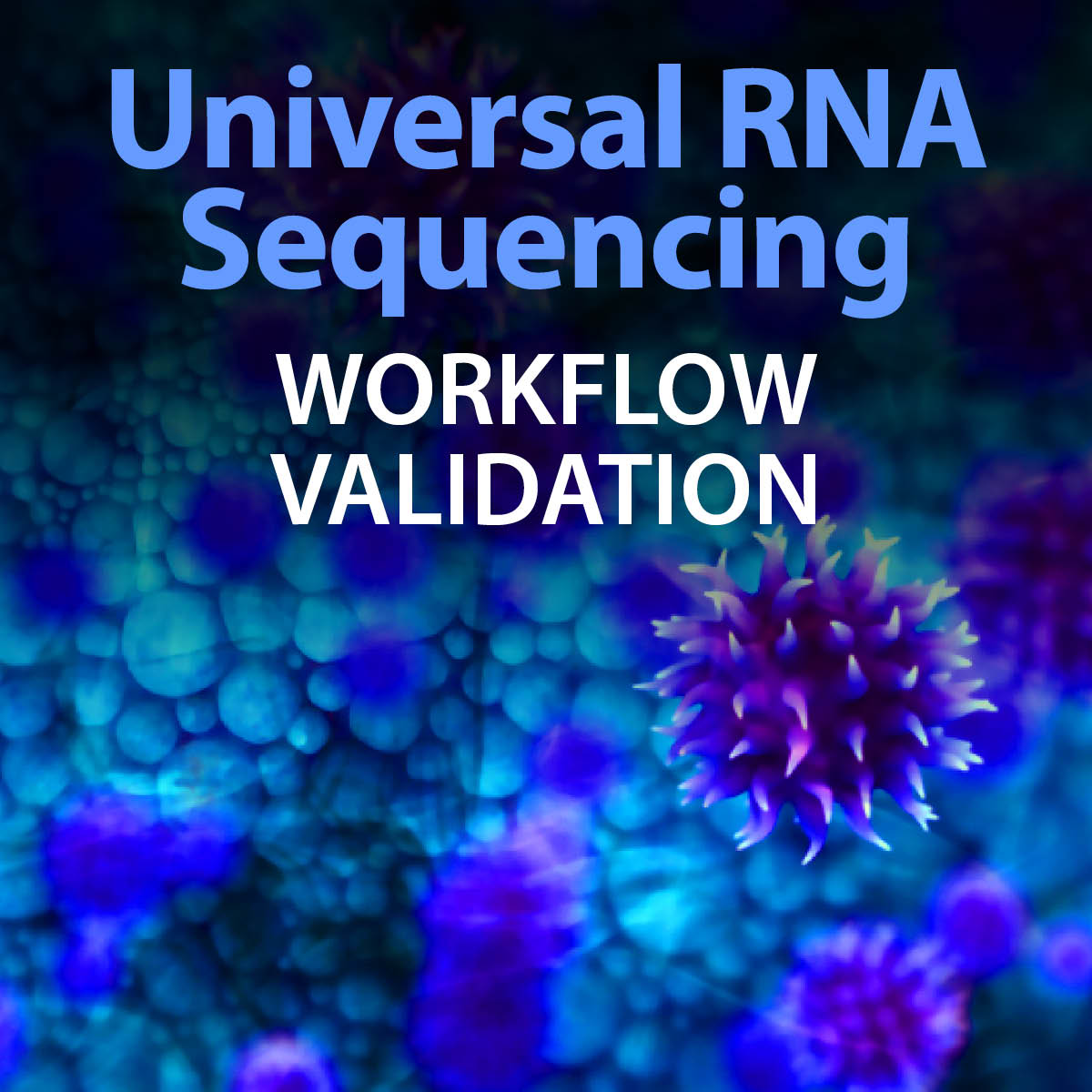
Abstract:
Unbiased long read sequencing holds enormous potential for the detection of pathogen sequences in clinical samples. However, the untargeted nature of these methods precludes conventional PCR approaches, and the metagenomic content of each sample increases the challenge of bioinformatic analysis. Here, we evaluate a previously described novel workflow for unbiased RNA virus sequence identification in a series of contrived and real-world samples. The novel multiplex library preparation workflow was developed for the Oxford Nanopore Technologies (ONT) MinIONTM sequencer using reverse transcription, whole genome amplification, and ONT’s Ligation Sequencing Kit with Native Barcode Expansion. The workflow includes spiked MS2 Phage as an internal positive control and generates an 8-plex library with 6 samples, a negative control and a gfp transcript positive control. Targeted and untargeted data analysis was performed using the EPI2ME Labs framework and open access tools that are readily accessible to most clinical laboratories. Contrived samples composed of common respiratory pathogens (Influenza A, Respiratory Syncytial Virus and Human Coronavirus 229E) in viral transport media (VTM) and bloodborne pathogens (Zika Virus, Hepatitis A Virus, Yellow Fever Virus and Chikungunya Virus) in human plasma were used to establish the limits of detection for this assay. We also evaluated the diagnostic accuracy of the assay using remnant clinical samples and found that it showed 100% specificity and 62.9% clinical sensitivity. More studies are needed to further evaluate pathogen detection and better position thresholds for detection and non-detection in various clinical sample metagenomic mixtures.
Read preprint here.

